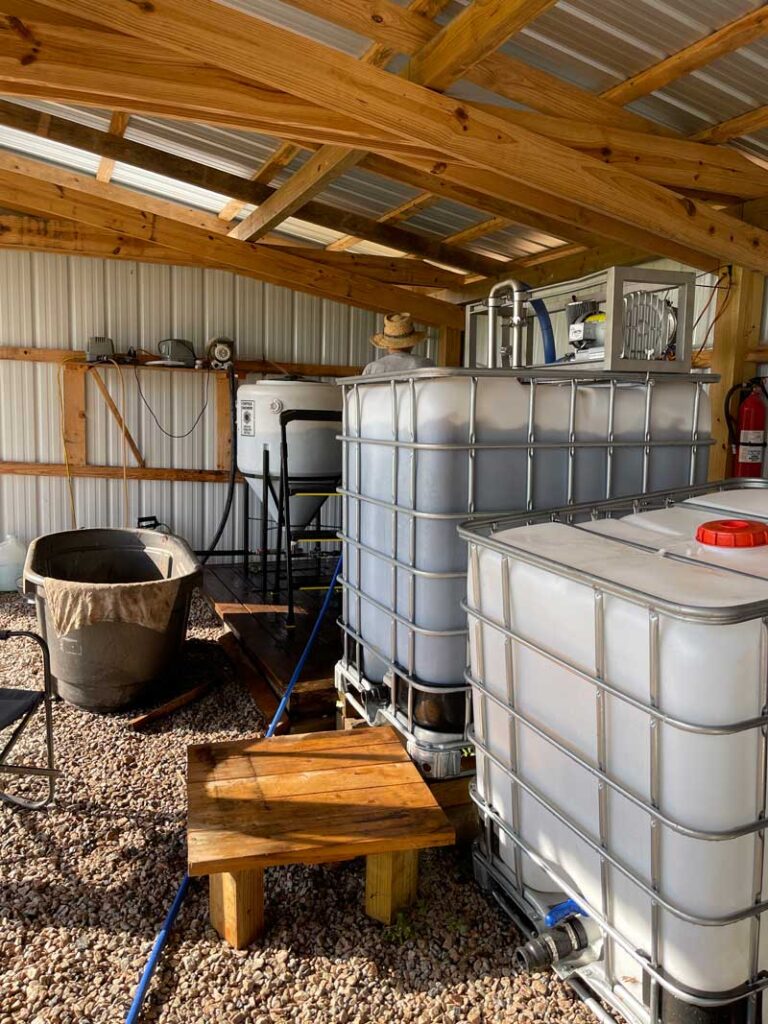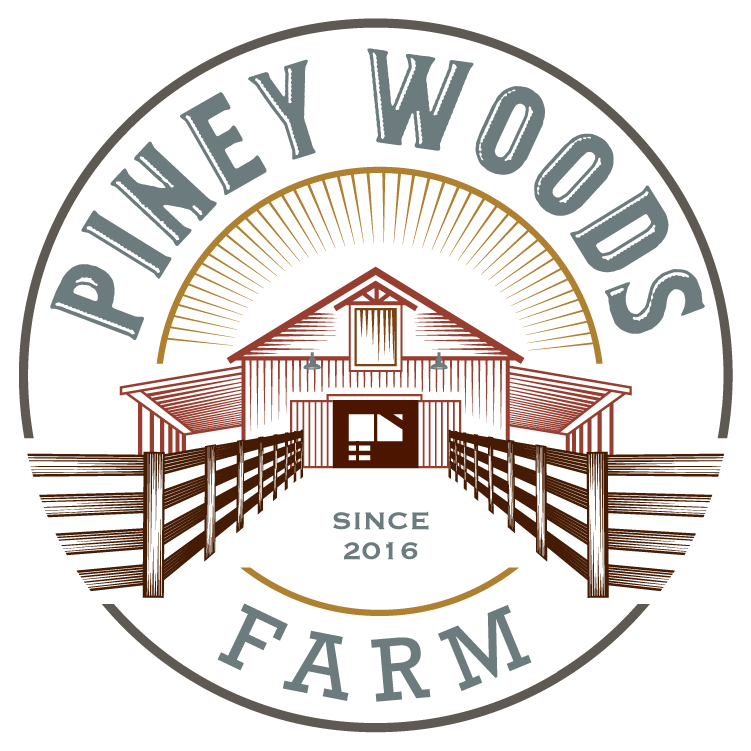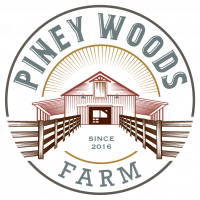What is Regenerative Organic Farming?
Regenerative Organic Agriculture engages holistic farming methods focused on soil health, animal welfare and fair labor to ensure healthier crops, a healthier planet and ultimately healthier people. Understanding soil and the soil biome, it’s fantastic microorganisms and the critical role it plays in sustaining healthy life is the bedrock of the regenerative farm. In understanding the soil, working with it and supplying its needs, the soil is therefore healthy, fertile and can serve its purpose in the farm’s cycle of life.
Regenerative Organic Farming is a relatively new concept in the southern United States, though it has been practiced for decades in other parts of our world. Due to the popularity and familiarity of conventional farming practices, the agricultural shift to holistic agricultural approaches (embracing the land and its biology over additives and chemicals) has yet to take hold and is still a work in progress.
Three Pillars of Regenerative Organic Agriculture
Soil Health
Soil health is integral to health on and off the farm. Poor soil health deprives plants of the nutrients they need, resulting in dead soil (a.k.a dirt) and less nutrient-dense crops (which are also less tasty!). The results of poor soil trickles into our food supplies, and results in generations of consumer dietary and health issues.
Animal Welfare
We nurture all life on Piney Woods Farm, including above-ground friends! Engaging livestock in regenerative farming methods is proven to aid in carbon sequestration and improved soil health. Embracing biodiversity and rotational grazing omits the need for fertilizers and added chemicals used in conventional farming methods.
Social Fairness
All human life is respected with a moral and ethical responsibility to provide fair wages, safe work environments and ethical treatment in the workplace. Mutual respect and honest communication between all individuals facilitate strong working and interpersonal relationships.

Soil is a living ecosystem, and is a farmer’s most precious asset. A farmer’s productive capacity is directly related to the health of his or her soil.
– Howard Warren Buffet
Benefits of Regenerative Farming Practices
On The Farm
- Fertile Soil
- Water Retention
- Carbon Sequestration
- Improved Climate Resistance
- Disease Suppression & Resistance
- Nutrient-Dense Food
- Food Security
- Resource Efficiency
- Increased Biodiversity
- Access to Nutrient-Dense Foods
- Improved Overall Health
- Provide nutritious produce to the food insecure population
For The Future
- Reduces waste
- Carbon Sequestration
- Fights Climate Change
- Food Security
Process in Action at Piney Woods Farm
All agricultural waste is incorporated into a plant based compost. This compost is then further enhanced using our worm reactor to make, arguably, some of the best compost available, Vermicompost. The Vermicompost is generally used to make Teas and Extracts to feed and replenish the microorganisms in the soil thereby building a bio-complete soil biome. The Farm adheres strongly to the teaching and principles of the Soil Food Web School led by Dr. Elain Ingham. Having graduates of this highly respected school associated with Piney Woods Farm has made this move to the biological method more successful, and we look forward to a continued association with the Soil Food Web School.
Soil versus Dirt
Soil is an extraordinarily complex world of microorganisms like bacteria, fungi, nematodes, protozoa and millions of microscopic organic life, all existing imperceptibly to the human eye. These microorganisms fuel the planet, supplying plants the minerals and nutrients needed to grow and produce food for humans and animals to eat.
SOIL
Alive with living diverse organisms
Naturally-occurring minerals and nutrients mined by the microorganisms
Self-sustaining, complete ecosystem
Aids in aeration and drainage
Supports life, ideal medium for plants to flourish
DIRT
Very limited organisms, no diversity
Little to no diversity of microorganisms to provide minerals and nutrients
Cycle is incomplete
Results in run-off and erosion
Plants struggle to provide nutrient dense food

Ultimately, the only wealth that can sustain any community, economy or nation is derived from the photosynthetic process – green plants growing on regenerating soil.
– Allan Savory of the Savory Institute


